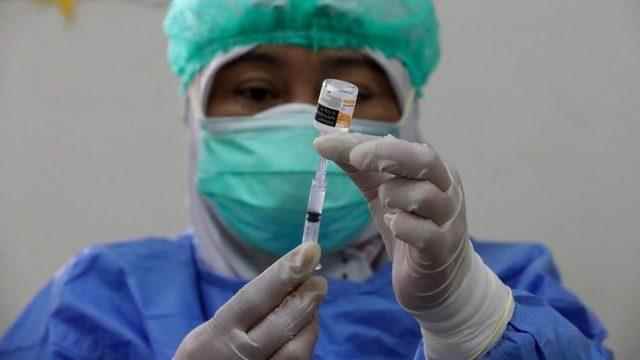It has been exactly two years since China announced to the world that it had discovered a new coronavirus.
Since December 31, 2019, when this statement was made, the world has changed at an incredible pace, from the way we work to the treatment possibilities ahead.
Here are five things we’ve learned since the start of the pandemic:
1. MRNA vaccines work and can be made very quickly
Researchers rolled up their sleeves to vaccinate against Covid-19, almost as soon as the pandemic began.
Some pharmaceutical companies have decided to produce mRNA vaccines with a technology that has never been allowed for human use before.
They saw the reward for the risk they took. Not only did Pfizer-BioNTech (and later Moderna) develop a vaccine for Covid-19 faster than anyone using mRNA; In doing so, it also opened the door to a series of new treatments with a similar technology.
The process begins by taking a tiny piece of the genetic code, called mRNA, and coating it with oil. Thus, it can be absorbed by cells and functions as a set of instructions that enable the production of antibodies.
In coronavirus vaccines, mRNA teaches our cells to produce a small piece of the Covid-19 virus.
This little piece is not harmful. By enabling the body’s immune system to recognize the virus, it allows it to fight if you catch the coronavirus in the future.
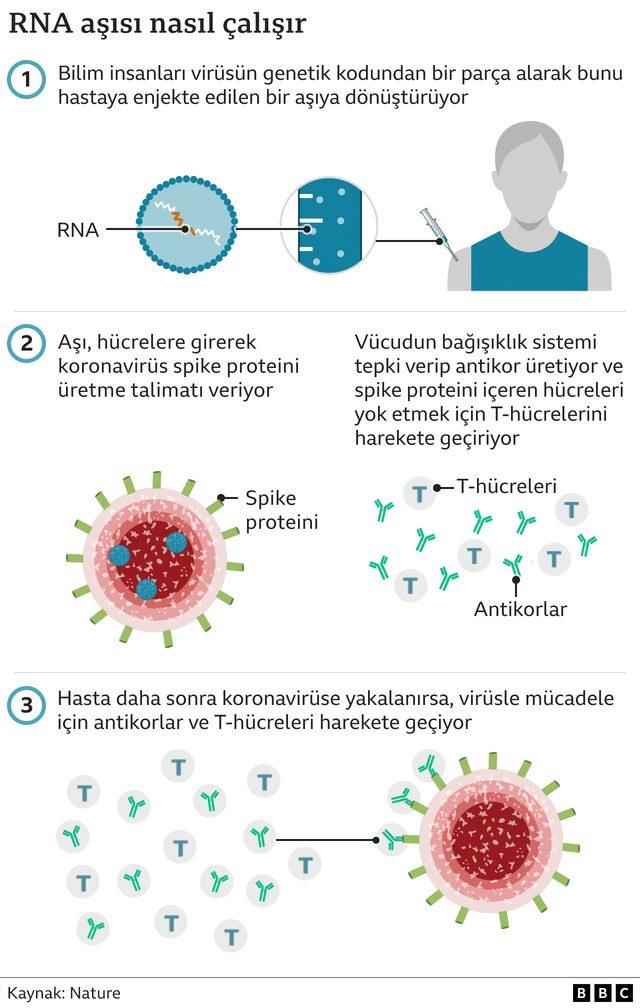
However, the areas where mRNA can be used are not limited to the Covid vaccine.
With HIV and Zika virus, it can help develop vaccines against diseases such as flu, as well as train the body’s immune system to attack cancer cells; It is possible to use it to complete the missing proteins in the cells of cystic fibrosis patients or to stop the immune system from attacking the nervous system in multiple sclerosis patients.
Studies on mRNA treatments have been going on for years, but it has been understood that they work for the first time with Covid-19 vaccines. This success can shed light on research that will change the lives of millions of people.
2. Covid-19 is spreading through the air much more easily than we originally thought

About four months after the start of the Covid-19 epidemic, the World Health Organization tweeted that ‘Covid-19 cannot be transmitted through the air’, and experts affiliated with the institution also made statements that the use of masks is not necessary.
But what has been learned since then has changed that. The World Health Organization now states that wearing a mask in front of others should become commonplace.
That’s because of growing evidence to show that Covid-19 doesn’t just come from large airborne droplets when others cough or sneeze, or from contact with an infected surface.
The World Health Organization now says the virus can also be transmitted by much smaller particles, such as sprays, that stay in the air longer.
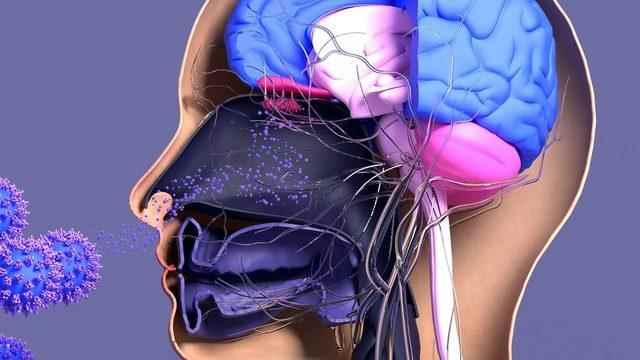
catching a virus by inhalation
The British Medical Journal ‘British Medical Journal’ wrote that the probability of contracting the virus by inhalation at close range is much higher than the large droplets scattered in the air, while the possibility of virus contamination from surfaces is relatively low.
In studies, cases of airborne virus transmission were found when more than 2 meters away or where a Covid patient was a few minutes or a few hours ago.
Well-known American professor of molecular biology and immunity Paula Cannon states that most of the time, the virus is transmitted through the air by speaking, singing, or even just breathing by those who do not wear masks in poorly ventilated indoor spaces, and says that closed restaurants and bars are therefore very dangerous.
Washing hands and cleaning surfaces are still good habits, but wearing a mask and ventilation is far more important.
3. Working from home will continue
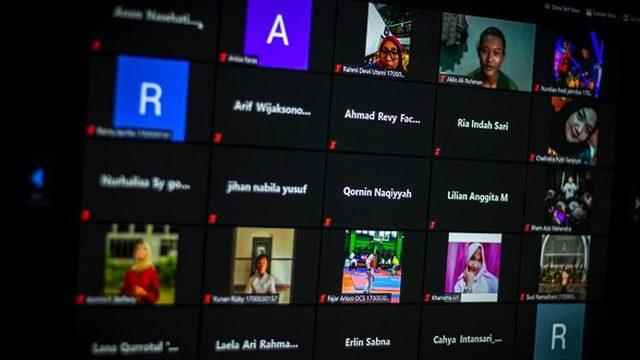
Millions of people around the world have started working from home during the pandemic.
Technically this wasn’t possible just a few years ago, but Covid has shown that video meetings are easy.
Social media giant Twitter announced in May 2020 that “Twitter employees can now work from home forever…the past few months have shown it’s possible”.
Facebook also made a similar statement this year.
A study conducted by Boston Consulting on more than 200,000 people in 190 countries showed that 89 percent of people think they will do some of their work from home. This rate is 31 percent higher than before the pandemic.
For those who work in low-paying jobs with no job security, flexible working opportunities may be limited and further increase inequality in society.
4. The pandemic hit the weakest sections of society the most
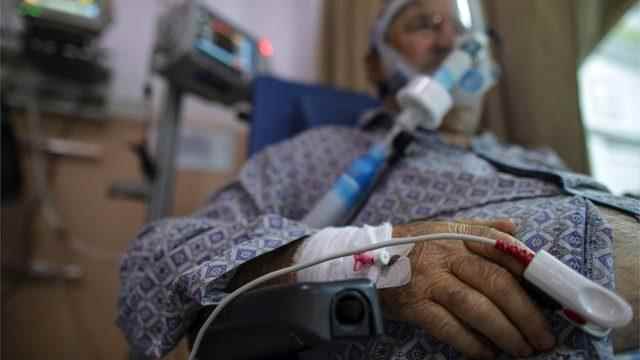
Covid-19 has made inequalities around the world even more pronounced.
A study conducted in England revealed that while the rate of catching coronavirus in the poorest part of the country is 11.4 percent, this rate is 7.8 percent in places where poverty is least.
In the study, it was seen that minority ethnic groups were more affected by the pandemic.
The same situation was seen in the USA.
In high- and middle-income countries, about 70 percent of the population is vaccinated. However, in low-income countries, this rate drops to 4 percent.
While booster vaccines are being made to protect against the Omicron variant, the slow rate of vaccination in low-income countries poses great danger.
5. We are no longer sure if the Covid-19 crisis will end
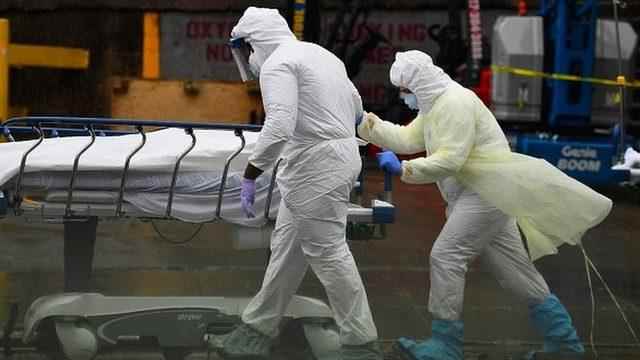
Herd immunity was a common phrase at the start of the pandemic. It was based on the idea that the virus would not pose a great danger if those who became resistant by being caught or vaccinated multiplied.
This seems difficult now. Because the immune system weakens over time. That’s why booster vaccines are made.
Professor Shabir A Madhi, dean of the School of Health Sciences at the University of the Witwatersrand in South Africa, states that the protection provided after infection or vaccination lasts for about six to nine months.
Although vaccines protect against the severe course of the disease, they do not completely eliminate the risk of contracting Covid.
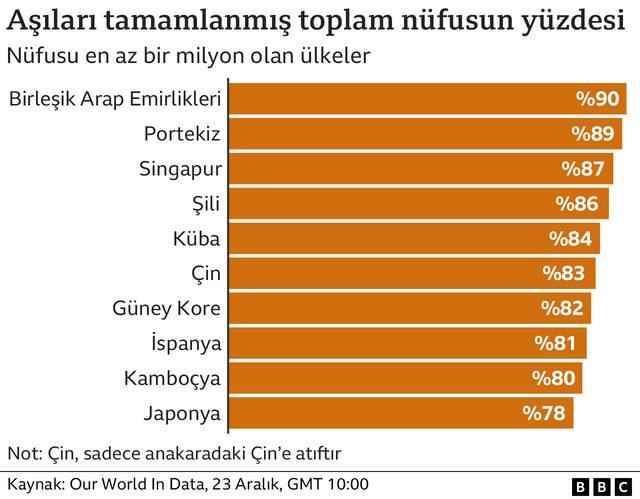
In addition, many variants of the virus have sprung up. Some of these may be more contagious and more difficult to prevent with vaccines.
It appears that as mutations persist, we may need to live with the virus and constantly adapt vaccines to new variants.
In this scenario, countries with high vaccination rates will be able to return to a kind of normalcy and know that even if they do get Covid, their health systems will not be paralyzed.
However, the spread of the Omicron variant has led to a return to social distancing and public calls for vaccine reinforcement, even in countries well protected by vaccines.
There is another dilemma for the few countries with a low rate of Covid, such as New Zealand and Hong Kong.
As the rest of the world does not seem to have an end to Covid; They will either continue with strict quarantines and travel restrictions or open doors and allow more Covid to enter.
